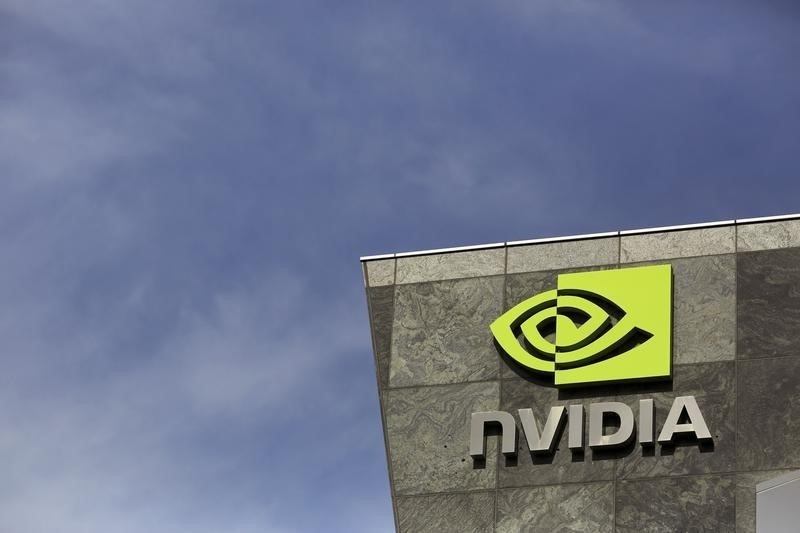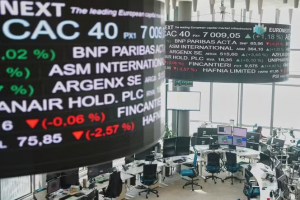Retail traders continue to aggressively buy the dip in Nvidia (NASDAQ:NVDA) stock, while institutional investors, including hedge funds, have been reducing their exposure, according to JPMorgan analysts.
Following last Monday’s correction in Nvidia and other AI-related stocks, JPMorgan observed a surge in retail buying on January 27.
“The picture we get is one of strong buying not only of Nvidia exposures but of US tech exposures more broadly,” the firm wrote.
The bank notes that capital flows into leveraged Nvidia ETFs exceeded $2 billion that day, more than offsetting the negative rebalancing flow.
Meanwhile, inflows into key ETFs such as QQQ and NVDL spiked, further signaling “buy the dip” behavior by retail investors.
This retail-driven support has two key implications, JPMorgan said. First, retail traders continue to act as a backstop for the US equity market, a trend seen consistently over the past two years.
Second, institutional investors, rather than retail traders, were likely responsible for last Monday’s selloff in tech stocks.
JPMorgan’s data suggests institutional investors have been turning more cautious on Nvidia and the broader market since last summer.
“Our overall equity positioning indicator… shows that institutional investors have been trimming their overall equity exposure since last July,” the analysts wrote.
Hedge funds, in particular, are said to have begun reducing their exposure to Nvidia and the broader “Magnificent 7” stocks in the second and third quarters of 2024.
The bank adds that active equity mutual fund managers have also remained underweight Nvidia, a stance that has been in place for most of 2024.
They explain that futures positioning data indicated significant reductions in tech exposure last Monday, and short interest in momentum ETFs has continued rising, pointing to increased institutional caution.
Overall, JPMorgan concludes that while retail traders remain bullish on Nvidia, institutional investors have taken a more defensive stance, contributing to the recent volatility in AI-related stocks.













